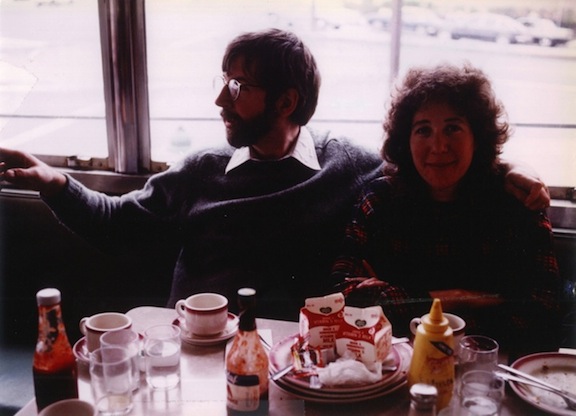One trump card used by “enlightenment masters,” when meeting prospective new followers, is asking: “who are you?,” knowing in advance they can’t answer that – because, in actuality, at the deepest levels underneath their “ego,” they’re “no one” and “nobody.”
Recognizing the need to rid myself of ego before taking up the search for my “true self,” I started studying Western medieval mystics like Marguerite Porete and Meister Eckhart, as well as more modern writers, like Emily Dickinson and Simone Weill, all of whom wrote about becoming “nobody” or “no one,” as being necessary to approach God directly. Marguerite Porete wrote: True freedom is when we “become love.” This reaches far beyond simple humility (because, obviously, a lot of pride can be hidden behind a show of humility). Going all the way – to zero – and then experiencing the world – is what they seemed to be recommending. At first, this approach seemed meaningless to me, even nonsensical, yet they repeatedly kept saying it.
Eventually, I came to accept their approach as being centered on freedom. That in order to escape one’s ego, one first had to free oneself of one’s “old” self – along with all the wrong ideas and assumptions about one’s “life” and “the world.” Apparently, becoming nobody does the trick! As Marguerite says: “The soul swims in a sea of joy!”
We need to go to the place where we stand alone – waiting for the promised meeting with God –and then just wait. As Meister Eckhart says: “To be empty of all created things is to be full of God, and to be full of created things is to be empty of God.”
The promise is that God arrives out of “nothing,” That by accepting loneliness – even depression – and waiting patiently, God will eventually “come home” – into your heart.
Immediately upon “waking up,” you’ll be seeing through fresh eyes – a newborn’s eyes – and what you’ll see and experience is what God sees and experiences – through you – just as if you’re God and God is you.
This is the easiest, as well as the hardest, thing in the world to accomplish – to give up your ego in order to find your “true self” – to become the individual you were born to be. It’s what Jesus understood – that one’s old self has to “die” for one’s “true self” to come to life.
And this is what he accomplished – and why people either spontaneously followed him or desired to kill him. The former filled with a joy they’d never experienced before, while the latter became angry that any human being would dare to become that kind of person.
As Meister Eckhart says: “God’s ground and the soul’s ground are one ground.” That is, God’s essence and the soul’s essence are the same – at least in the eyes of great mystics
